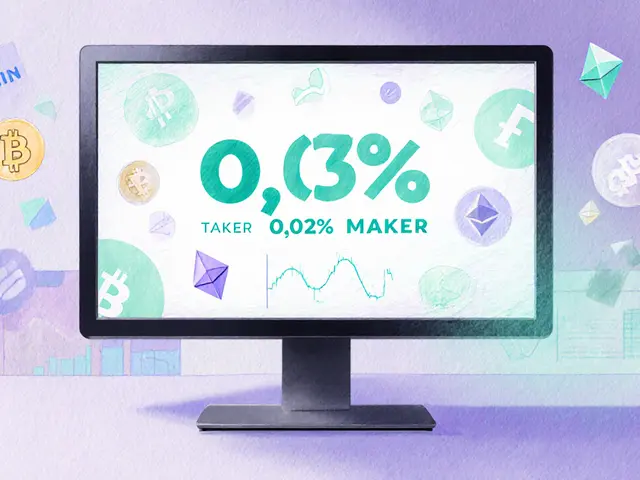MFSA Regulated Crypto: What It Means for You
When working with MFSA regulated, any cryptocurrency activity that follows the rules set by Malta's financial regulator. Also known as Malta‑regulated crypto, it ensures projects meet local licensing, AML and investor protection standards. Understanding this framework helps you avoid legal pitfalls and spot opportunities that comply with the toughest EU‑friendly rules.
One of the key players behind the framework is the Malta Financial Services Authority, the government body that oversees financial services, including crypto, on the island. The Authority issues licenses, conducts audits and enforces anti‑money‑laundering (AML) measures. Its guidance directly shapes how token issuers structure their offerings, making it a central hub for compliance in the EU.
Another piece of the puzzle is cryptocurrency licensing, the formal permission granted by the MFSA to operate a crypto business in Malta. A license covers exchanges, wallets, custodians and token issuers. It requires detailed documentation, proof of capital reserves and a clear governance model. Projects that secure this license gain credibility and easier access to European markets.
Compliance doesn’t stop at the license. AML compliance, a set of procedures to detect and prevent money‑laundering and terrorist financing, is mandatory for every MFSA regulated entity. Firms must run customer‑due‑diligence checks, monitor transactions and report suspicious activity to the Financial Intelligence Analysis Unit (FIAU). Robust AML processes not only satisfy regulators but also protect users from fraud.
These three elements—MFSA oversight, licensing and AML rules—create a tight ecosystem that influences every crypto project aiming for legitimacy. The regulator’s approach encourages transparency, which in turn attracts institutional investors looking for a safe environment. At the same time, the clear guidelines lower the barrier for startups that can follow a proven compliance path instead of guessing.
Why Understanding MFSA Regulation Matters
Whether you’re a founder, investor or casual trader, knowing how MFSA regulation works saves time and money. It helps you choose the right jurisdiction, design compliant tokenomics and avoid costly penalties. The articles below break down real‑world examples, from token projects that secured MFSA licenses to exchanges that adapted their AML policies. You’ll also find step‑by‑step guides on filing applications, preparing audit reports and staying updated with regulatory changes.
Ready to dive deeper? The collection that follows offers practical insights, detailed case studies and actionable checklists for anyone navigating the MFSA regulated crypto landscape. Browse the guides to see how each piece fits into the bigger compliance picture and start building with confidence.

A 2025 review of BEQUANT covering its shift to institutional brokerage, fee structure, regulatory status, tech stack and future outlook.
Jonathan Jennings Dec 13, 2024




